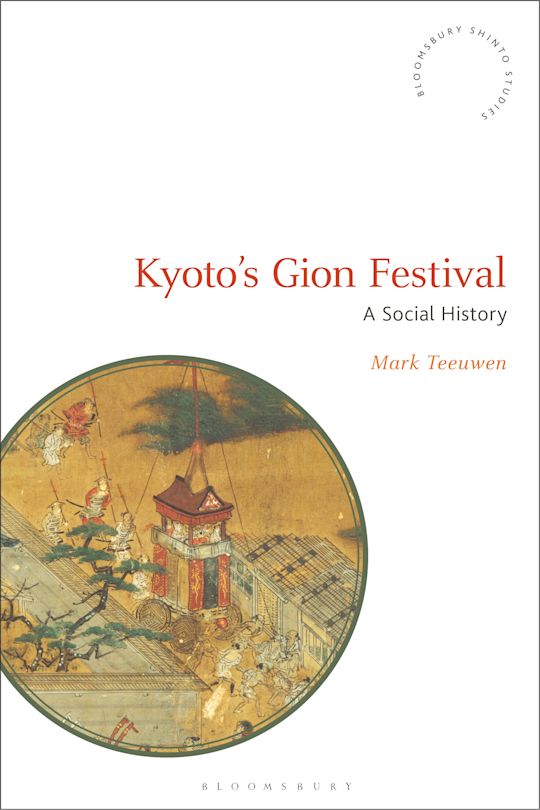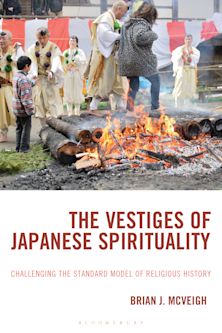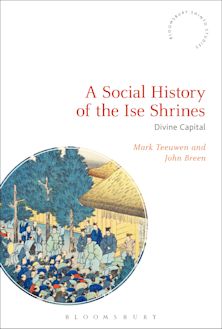- Home
- ACADEMIC
- Religious Studies
- Japanese Religion
- Kyoto's Gion Festival
You must sign in to add this item to your wishlist. Please sign in or create an account
Description
This book focuses on the long history of what is arguably the most prestigious and influential festival in Japan – Kyoto's Gion festival. It explores this history from the festival's origins in the late 10th century to its post-war revival, drawing on Japanese historical studies and archival materials as well as the author's participant observation fieldwork.
Exploring the social and political networks that have kept this festival alive for over a millennium, this book reveals how it has endured multiple reinventions. In particular, it identifies how at each historical juncture, different groups have found new purposes for the festival and adapted this costly enterprise to suit their own ends. The history of this festival not only sheds light on the development of Japanese festival culture as a whole, but also offers a window on Kyoto's history and provides a testing ground for recent festival theory.
Table of Contents
1. Origins and the Festival's First Phase (c. 900-1200)
2. The Medieval Transformation of the Festival (c. 1200-1467)
3. The Revival of the Festival and its Early Modern Consolidation (1500-1871)
4. The Crisis of Modernity: the Festival's Decline and Reinvention (1871-1942)
5. The Post-war Revival and Contemporary Dynamics (1947-today)
6. Conclusion
Bibliography
Index
Product details

| Published | 12 Jan 2023 |
|---|---|
| Format | Ebook (PDF) |
| Edition | 1st |
| Extent | 288 |
| ISBN | 9781350229945 |
| Imprint | Bloomsbury Academic |
| Illustrations | 15 bw illus |
| Series | Bloomsbury Shinto Studies |
| Publisher | Bloomsbury Publishing |
About the contributors
Reviews
-
An outstanding history of one of the most important festivals in Japan. Situating the Gion Festival firmly within the social and political history of the ancient capital of Kyoto, Mark Teeuwen paints a dramatic picture of how the structure, sponsorship and meanings of the Gion matsuri have changed over the centuries. This vibrant history should be of interest to scholars of festivals, cities, historical change and contemporary rituals.
Sarah Thal, Professor of History, University of Wisconsin-Madison, USA
-
[Kyoto's Gion Festival] presents in detail ... how different interest groups influenced the development of the Gion festival, and by doing so, it sheds light on nationwide political and religious processes that have been reforming, time and again, Japanese society and the shifting self-understanding of its people.
Lehel Balogh, Hokkaido University, Japan, Religious Studies Review

ONLINE RESOURCES
Bloomsbury Collections
This book is available on Bloomsbury Collections where your library has access.


































